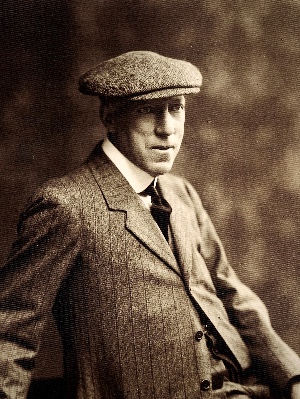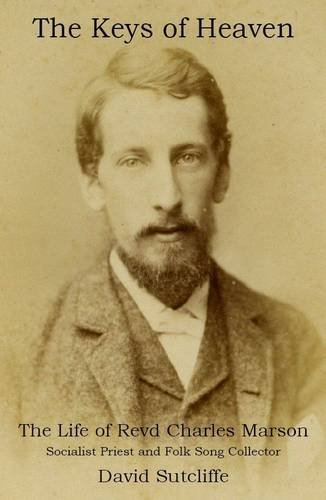Gomme, Alice
Singer
Collection date:
Area: London
(Lady) Alice Bertha Gomme (1853-1938): Alice Gomme was a founding member of the Folklore Society in 1878 and also a longstanding committee member of the Folk-Song Society from its formation in 1898. Sharp had joined the latter Society in May 1901 and was elected onto its committee in March 1904. Alice attended all meetings and he saw her regularly. She was a supporter of the women’s suffrage movement and attended Esperance Club events. When in November 1907 Mary Neal proposed the new Association for the Revival and Practice of Folk Music, Alice Gomme was elected onto that committee but it failed to agree its own constitution. Alice turned instead to Sharp’s new group the English Folk Dance Society in Dec 1911, sitting on that committee.
Sharp already knew of Gomme’s important 2-volume work Traditional Games of England, Scotland and Ireland¹ (David Nutt 1894, 1898) – he had after all been teaching young pupils himself for many years. When he too began to collect children’s singing games in Somerset and further afield² (from 1906), they agreed to jointly publish more games in the Novello School series (5 sets 1909-12). There is a considerable correspondence between Sharp and Gomme in the VWML digital archive, much of it concerned with copyright issues surrounding the new Novello publications. These used Sharp’s own notations of the various games, verifiable from his field notes and fair copy books as his own work, thus circumnavigating copyright problems. Gomme was still named as co-author.
In her work as a folklorist, Alice Gomme was influenced by the ‘cultural survivals’ theory of anthropologist Edward Tylor³. In her preface to the children’s games book she wrote that (the games) are ‘the means of obtaining an insight into many of the customs and beliefs of our ancestors’ (Traditional Games vol 1 page x). Sharp adopted this mindset in his morris and sword dance writings after 1910. At a folk dance event in London he affirmed that ‘the origin of the morris is hidden in antiquity but it is certainly the surviving form of an ancient ceremonial’ (Daily Telegraph and Courier report Wed 1 June 1910). See profiles of E Phillips Barker and Parker Brewis.
Alice was born Alice Bertha Merck on 4/1/1853, 2nd of 3 daughters of Charles Merck, master tailor and his wife Elizabeth. She married (George) Laurence Gomme on 31/3/1875 and they had 7 sons. Both Laurence and Alice were founders of the Folklore Society and each had their own areas of research. He loved old buildings and set up the blue plaque commemorative scheme, which is still in use today. He was a civil servant, who became Clerk to the London County Council in 1900 and was knighted in 1911. He retired in 1914 and died in 1916. Alice was further grieved by the loss of 2 of her sons (Elfred and Austin) in the First World War.
Alice Gomme was also very interested in the history and practice of English cooking and was the first President of the English Folk Cookery Association in 1931. She died on 5/1/1938.
¹ You can read this book online @ Project Gutenberg website
² Sharp collected 179 songs/games at 34 different locations. See profiles of Alice Snow and Lily Porter.
³ Tylor's book Primitive Culture (1871) proposed that in the social evolution of communities certain 'old' customs or ceremonies may be perpetuated even though their original meaning or purpose has been forgotten. The application of Darwinian theory to human beliefs and behaviours (so-called Cultural Evolutionism) has been largely discredited.
For a biography of Alice Gomme, see article by Georgina Boyes ‘A Proper Limitation’ - Musical Traditions MT074 https://www.mustrad.org.uk/articles/gomme.htm

